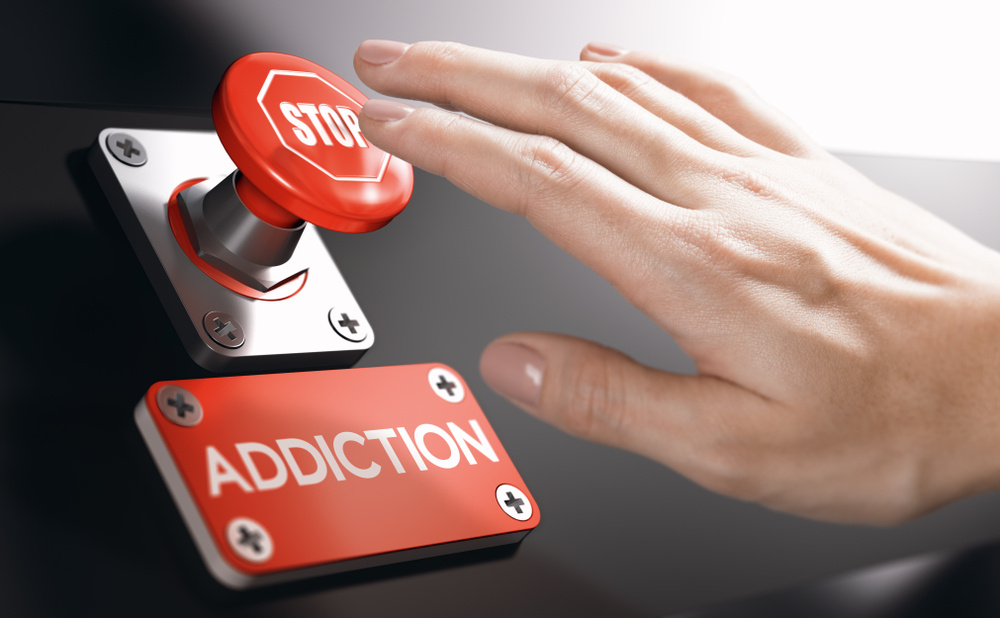The Connection Between Addiction and Imposter Syndrome: Understanding the Risks
Addiction, medically referred to as substance use disorder (SUD), is a chronic mental health disorder that is listed in the Diagnostic and Statistical Manual of Mental Disorders, Fifth Edition (DSM-5). It is characterized by “loss of control over substance use, leading to compulsive use despite negative and at times devastating consequences.” An individual struggling with addiction will prioritize satisfying his or her cravings above all else, and as drugs or alcohol become one’s central focus, he or she will demonstrate a preference for these substances over relationships, previously enjoyed pastimes, work, and more, which can adversely affect every facet of one’s life. Data from 2022 presented by the National Center for Drug Abuse Statistics, indicate that addiction affects over 20 million Americans aged 12 and older.
Imposter syndrome (IS) is a behavioral health phenomenon described as “self-doubt of intellect, skills, or accomplishments among high-achieving individuals… [who] cannot internalize their success and subsequently experience pervasive feelings of self-doubt, anxiety, depression, and/ or apprehension of being exposed as a fraud in their work, despite verifiable and objective evidence of their successfulness.” Although not explicitly categorized as a mental illness, imposter syndrome does involve a distortive pattern of thinking with many symptoms mirroring various diagnosable mental illnesses. Imposter syndrome and addiction can be interconnected in several ways, creating a complex relationship between these two issues. The interplay of imposter syndrome and addiction can be clearly illustrated by reviewing the symptoms of IS, some of which include the following, provided by Cleveland Clinic:
- A deep-seated belief that success is impossible to achieve.
- Substance use provides a temporary escape from feelings of inadequacy, reinforcing the cycle of addiction as individuals seek relief from emotional distress.
- An enduring feeling of incompetence even after proving one’s competency.
- Individuals may turn to drugs or alcohol to cope with these feelings, using substances to numb self-doubt.
- Fear of failing to meet other people’s expectations.
- Drugs or alcohol can provide temporary relief from the pressure to meet these unattainable standards, offering an escape from the stress and anxiety associated with perfectionism.
- Belief that one’s past successes were simply a mere stroke of luck rather than accomplishments achieved because of hard work and competence.
- Substance abuse can become a form of self-sabotage, reinforcing the belief of not deserving success and leading to a destructive cycle where one’s actions align with their negative self-perception.
- Feeling uncomfortable accepting praise or even simple congratulations.
- Avoidance behaviors can lead to social isolation, and substance use might provide solace during these lonely times, exacerbating the cycle of addiction.
Imposter syndrome can contribute to the development of addiction and complicate the process of recovery. Understanding the risks associated with the connection between addiction and imposter syndrome is crucial for developing targeted interventions and focused support systems providing those in need with the necessary tools for a sustainable recovery.
For Information and Support
Substance abuse and addiction can be incredibly dangerous and can result in severe short and long-term consequences. If you or someone you know is suffering from substance abuse or addiction, please get help as soon as possible. The earlier you seek support, the sooner you and your loved ones can return to leading happy, healthy, and fulfilling lives. There is no reason to go through this alone, and we are here to help. Please feel free to reach out to us for further information or with any questions regarding substance abuse or addiction. We are available anytime via telephone at: 213-389-9964, or you can always email us at: info@friendlyhousela.org



